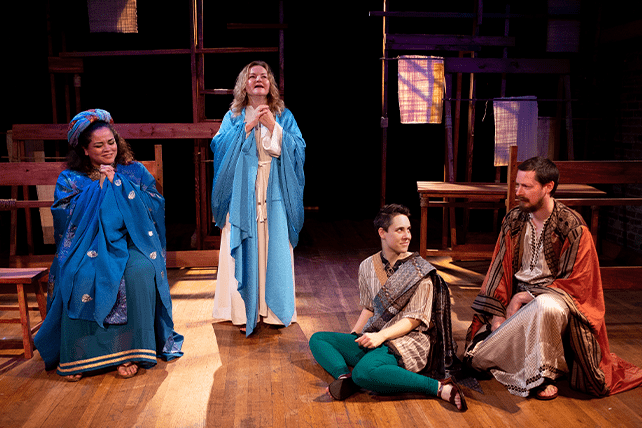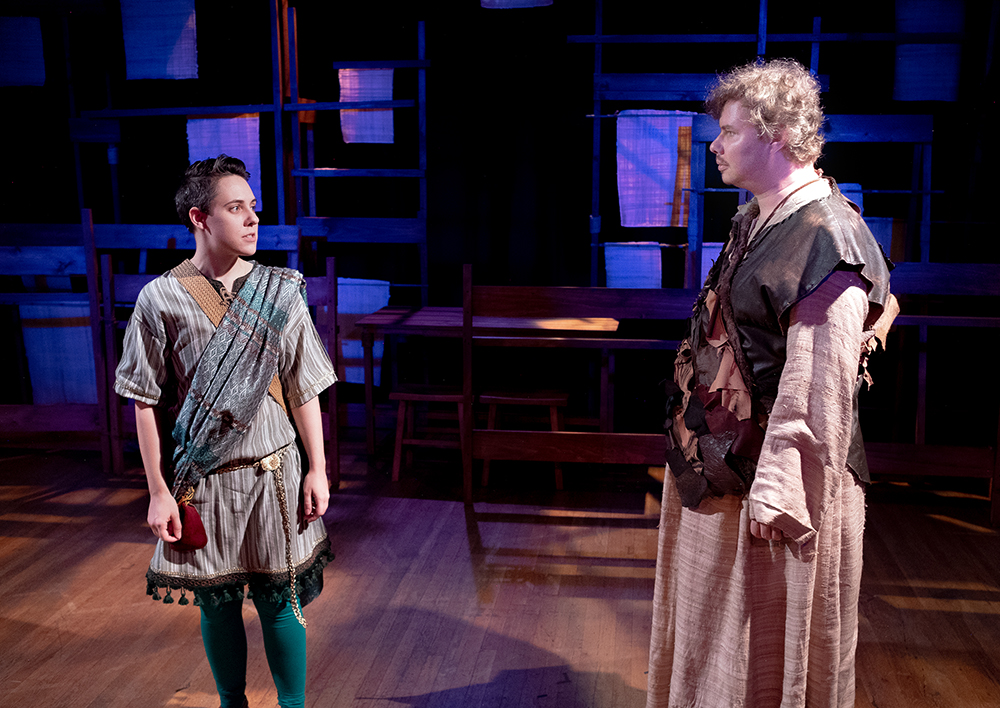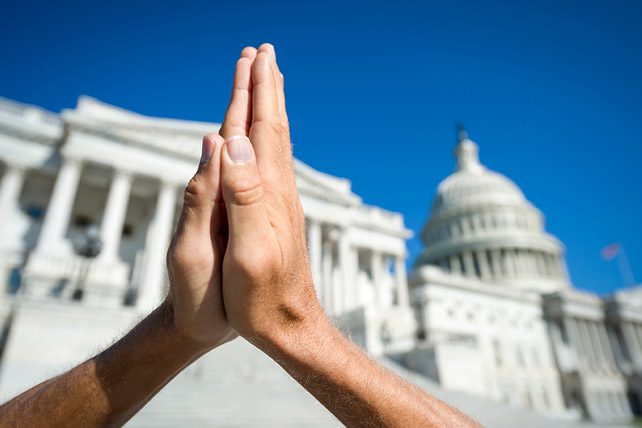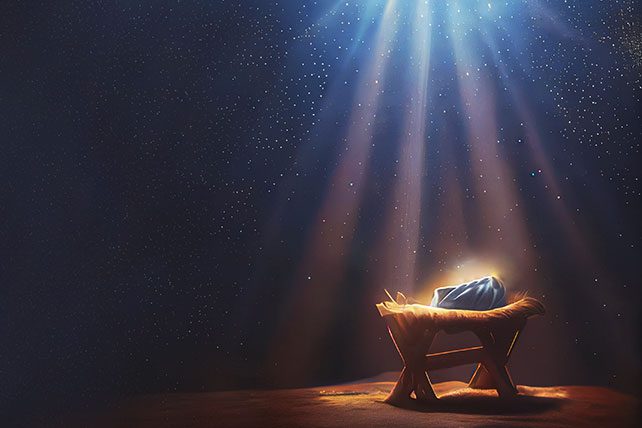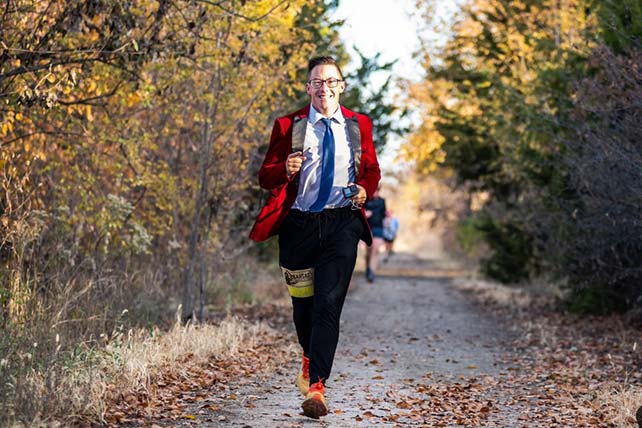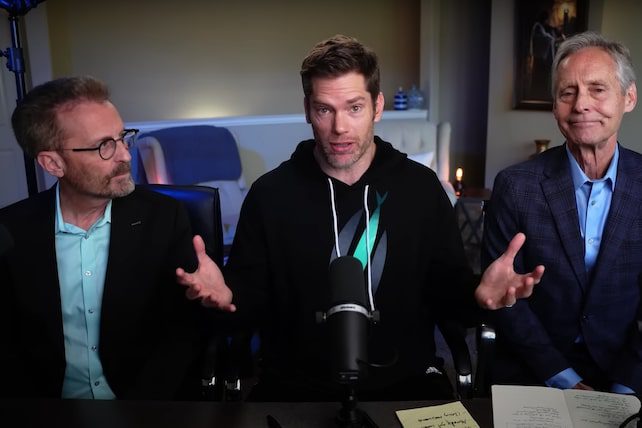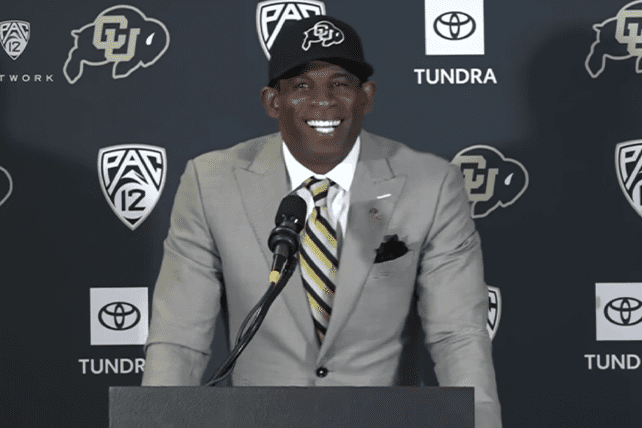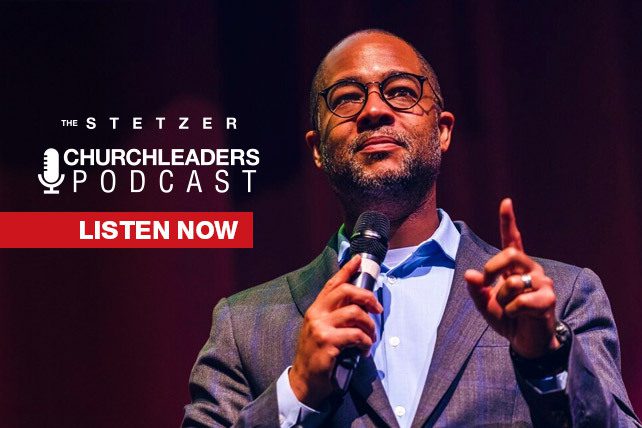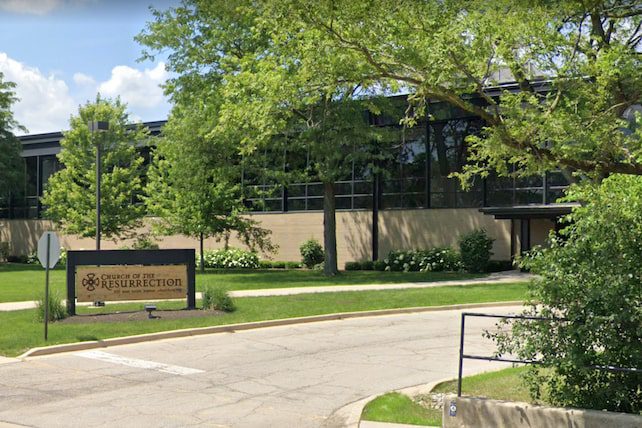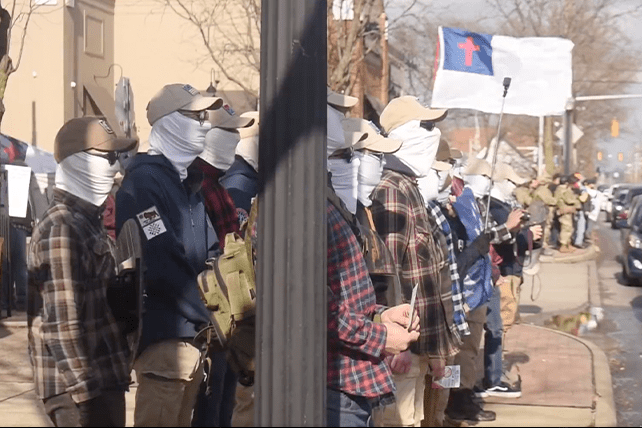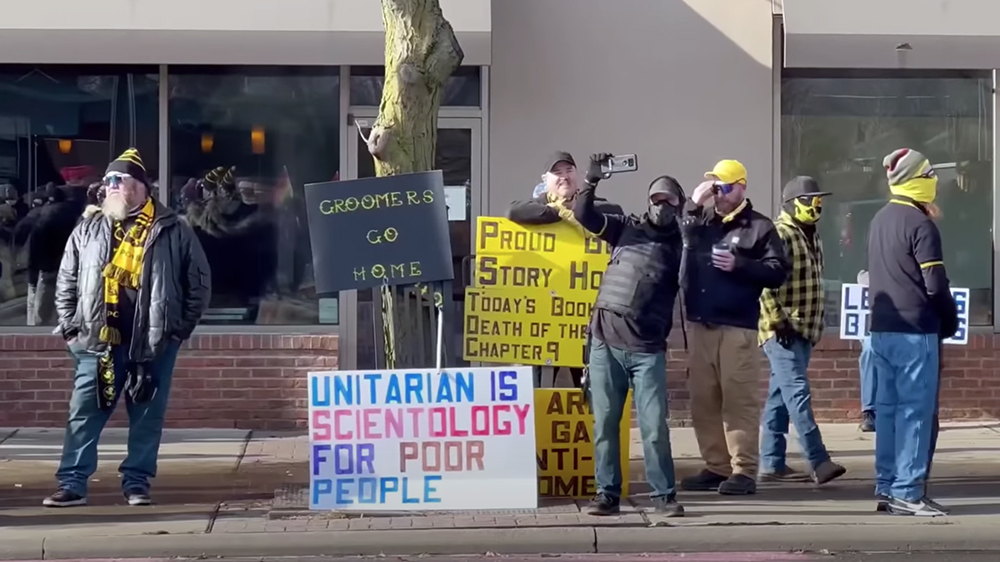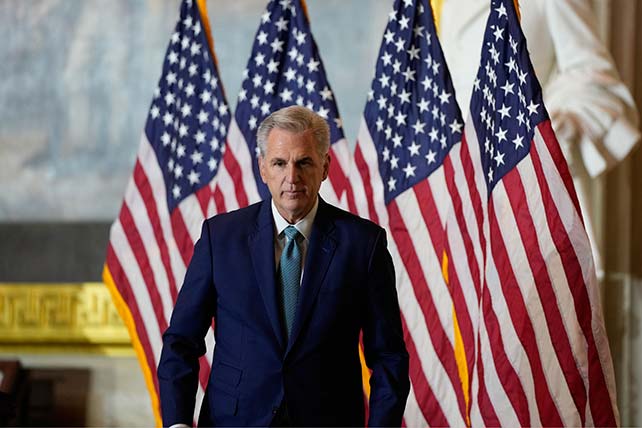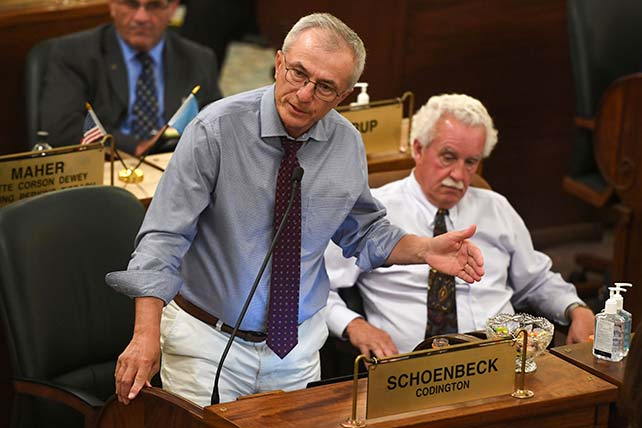NAIROBI, Kenya (Morning Star News) – Muslim extremists on Nov. 20 burned down a house where a cell fellowship was meeting in eastern Uganda, a week after Muslims in another area caned two converts, sources said.
Arafah Senyange, 28, and his brother Zulufa Hajati Nakimuli, 43, were beaten with cane on Nov. 13 in Busembatia town, Bugweri District (formerly in Iganga District) for converting from Islam to Christianity in October, Nakimuli said.
The two brothers were studying the Bible under a mango tree outside their father’s home after returning from a Sunday service in Busembatia when one of their brothers, mosque leader Hamuza Lubega, arrived shouting the jihadist slogan, “Allah Akbar [God is greater],” he said.
Lubega seized their Bible and began tearing its pages, then called their brothers Shafiki Kato and Ahmad Sewanyana, Nakimuli said.
RELATED: Terrorists in Nigeria Kill, Kidnap – And Demand Ransom for Corpse
“We were accused of bringing an unholy, corrupted book into the home of a Muslim family and following Issa [Jesus] as the Son of God, which is blasphemy in Islam,” Nakimuli told Morning Star News. “Shafiki was sent to get some more family members with cane to use on us. As they arrived, they started beating us with it.”
Nakimuli, a father of four children ages 10, 15, 18 and 22, sustained wounds throughout his body, especially on the shoulder, arms, knees, back and face. Senyange was left with deep cuts on his mouth, hands and head. Senyange’s wife, fearing trouble from her Muslim in-laws, took their three children ages 2, 3 and 7, immediately after the attack and went to live with her Muslim relatives.
A group of Christians including the pastor of another church passed by in a truck after attending a gathering to mourn the death of a Christian mother in another village, and the Muslim assailants paused, Nakimuli said. The attackers told the travelers to leave them alone, “as they were disciplining their family members who had left their family religion of Allah,” Nakimuli said, but the Christians were able to rescue the two brothers.
They took the injured Christians to a private clinic belonging to another pastor, where they received treatment, he said.
Nakimuli put his faith in Christ on Oct. 11 after a pastor had visited with him for six months, and Nakimuli led his brother to Christ on Oct. 23, he said.
Home Burned
In Luuka Town Council West Ward, Luuka District, also in eastern Uganda, Muslim extremists on Nov. 20 burned down a house where a cell fellowship of 23 people met, said the group’s leader, Nicholas Mugume.
In early November two prominent Muslim families put their faith in Christ as the result of an outreach by the fellowship members, angering area Muslims, he said.
“The Muslims have been accusing us of making noise and also converting Muslims to Christianity,” Mugume said.
RELATED: Pastors Wounded in Separate Attacks in Uganda
His wife was preparing food at 3 p.m. at their home where the cell group earlier had met for worship when four Muslims arrived, sent by a local mosque leader, he said.
“After a heated discussion, complaints and accusations of us converting Muslims, they poured petrol into the charcoal stove, and immediately fire spread and caught the entire house as the assailants left,” Mugume told Morning Star News.
He said that one of the assailants told them, “This is just a warning to you that we are going to come back if you continue taking our people to your religion, and bad repercussions will happen to you.”
The father of three children ages 8, 11 and 16 said the entire house was reduced to ashes. Also destroyed was a public address system, a motorcycle, a bicycle and other items.
The family has found temporary shelter at a rented house in another town and needs help, he said.
The attacks were the latest of many instances of persecution of Christians in Uganda that Morning Star News has documented.
Uganda’s constitution and other laws provide for religious freedom, including the right to propagate one’s faith and convert from one faith to another. Muslims make up no more than 12 percent of Uganda’s population, with high concentrations in eastern areas of the country.
This article originally appeared here.


